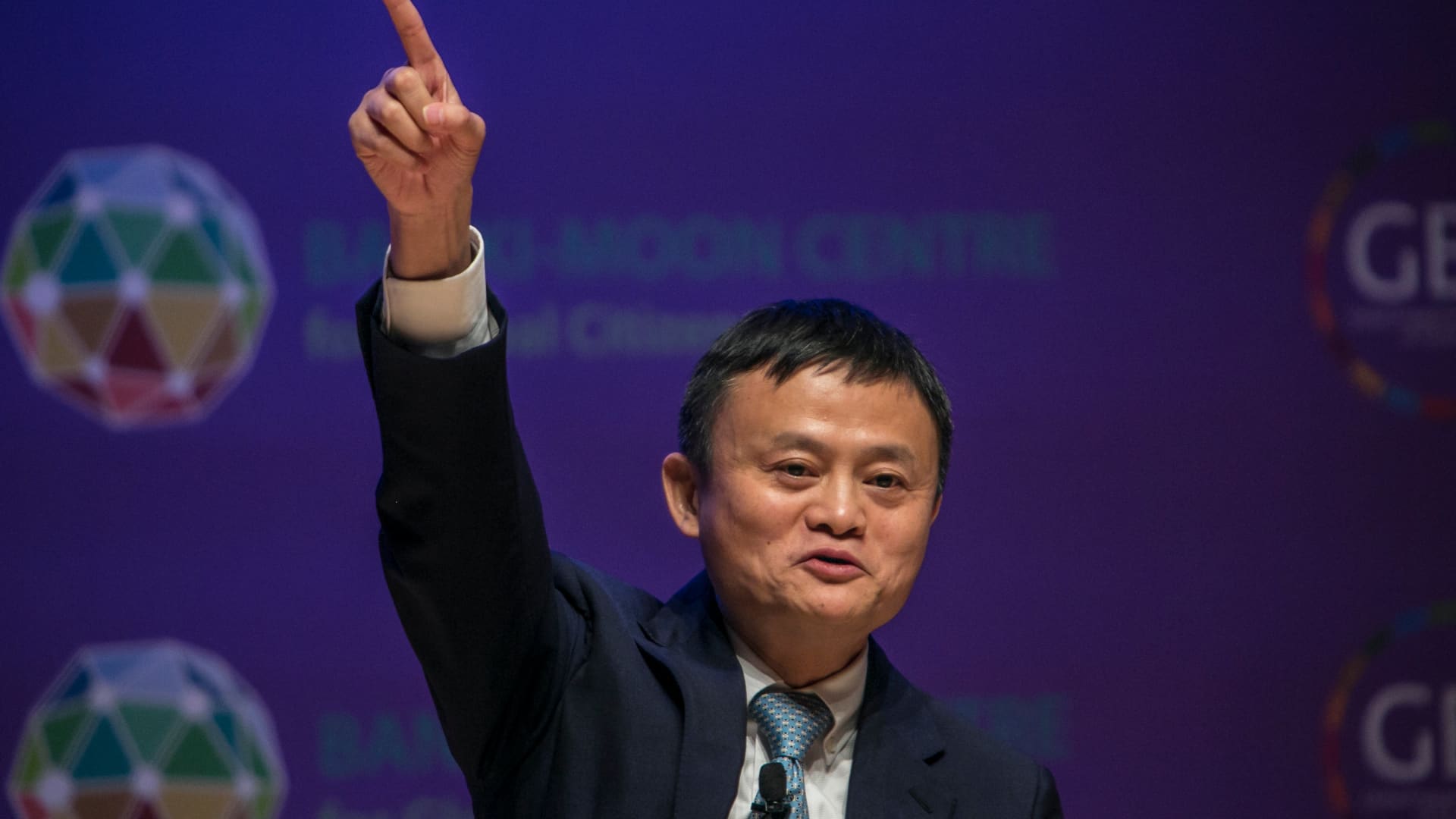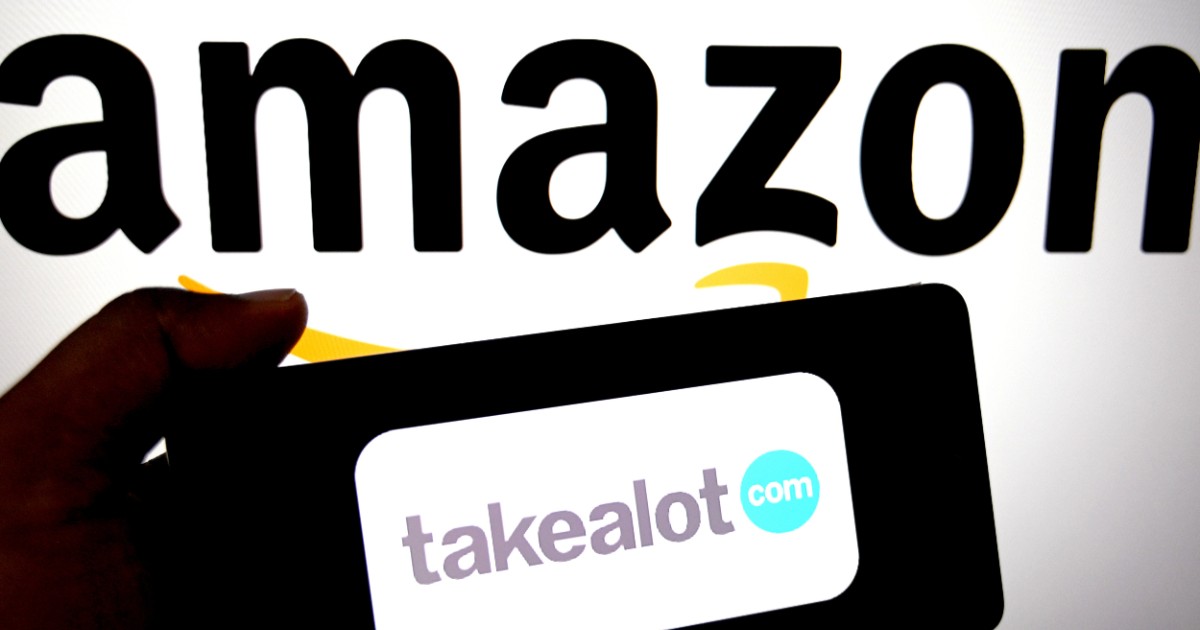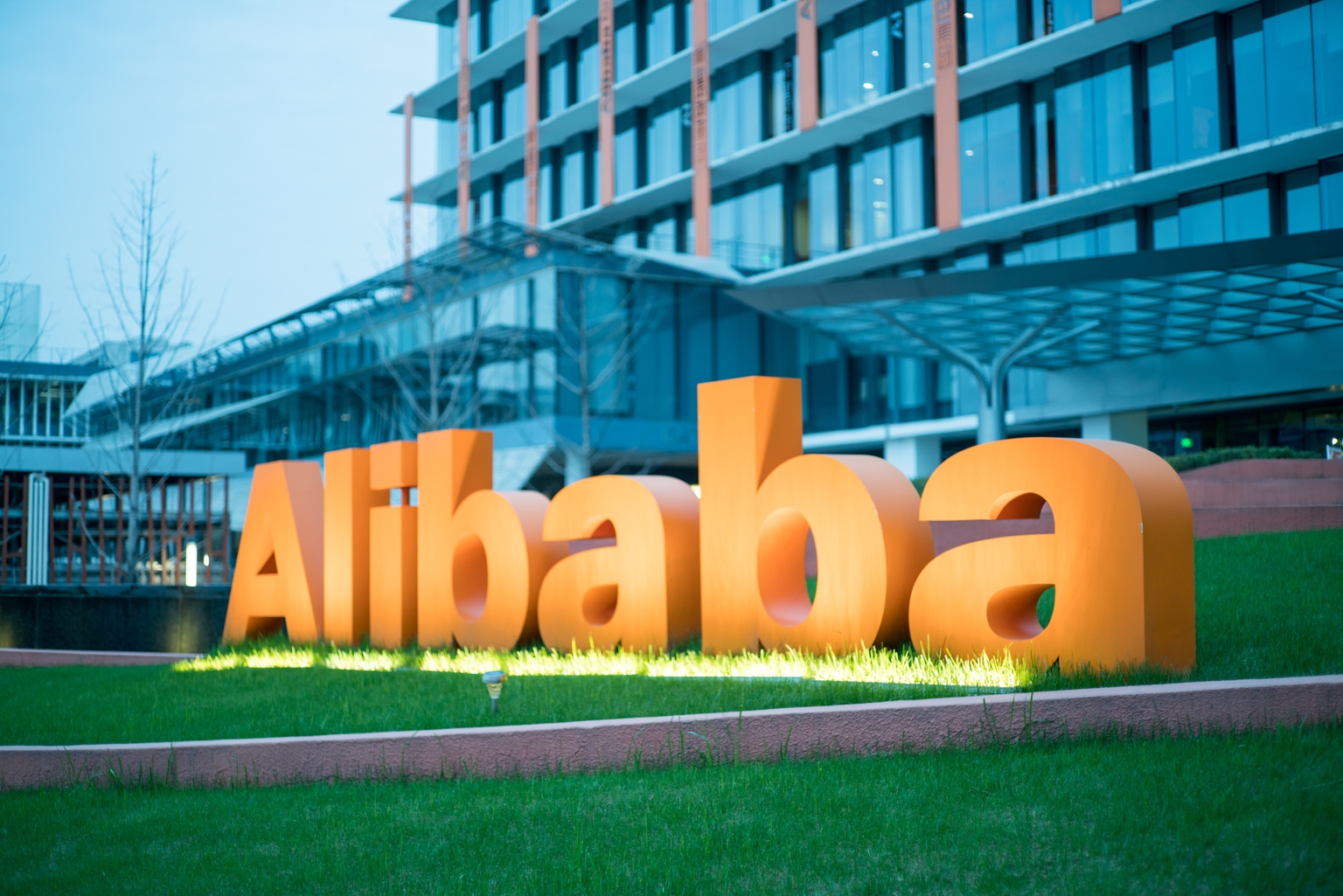On a cold November evening in Shanghai in 2020, the world’s largest IPO was abruptly canceled by Chinese regulators.
It was Ant Group, the fintech affiliate of tech giant Alibaba. The company’s founder Jack Ma, one of China’s most famous billionaires, was under scrutiny for comments seemingly criticising the country’s financial regulators.
What followed was four years of pressure on Ma’s empire.
Since the IPO cancelation, more than $400 billion has been wiped off Alibaba’s value, even with a more recent rally. In the months after the failed public listing, Ma retreated from the public eye and Alibaba, China’s biggest e-commerce player, looked down and out, with management and structure changes bearing little fruit. The moves were not characteristic of the grit the company had shown in the past and a far cry from its strong position now.
But those who know Ma know never to count him out.
“The hallmark of Jack and his personality is that he never gave up,” Brian Wong, a former Alibaba executive and author of “The Tao of Alibaba,” told CNBC.
Wong features in my new show “Built for Billions,” in which I explore Alibaba’s most testing moments and delve into how it grew to become one of the world’s biggest tech companies and one of the most advanced artificial intelligence players.
Understanding Alibaba
I’ve been covering tech for more than a decade with much of my focus centering on China. I lived in the world’s second-largest economy for three years, from October 2018 to December 2021 when Alibaba was undergoing this significant shift. The company’s reach cannot be overstated from its humble beginnings in 1999 as a business to business online marketplace in the early days of the internet.
Now Alibaba’s business touches everything from food delivery to global e-commerce, cloud computing and artificial intelligence. Nowhere is the company’s brand and scale more evident than during Singles Day, an annual shopping event pioneered by Alibaba that sees huge discounts and deals across its platforms. What was once a single day of discounts has now become a more prolonged event that runs several weeks.
I have attended Alibaba’s Singles Day in both Shanghai — where it featured a huge gala with celebrities and music performances — and at its headquarters in Hangzhou. The whole company is mobilized as billions of dollars are transacted across its platforms in a short space of time. Those experiences provided a real insight into the scale of the company.
Alibaba has sometimes been compared to U.S. tech giant Amazon. But it’s not an apples-to-apples comparison.
“Alibaba now, is seen as a serious player in technology, not just an e-commerce company,” Duncan Clark, an early advisor to Alibaba and chairman of consultancy firm BDA China, told CNBC’s “Built for Billions.”
Pressure and reinvention
After the Ant Group IPO cancelation, Alibaba and indeed all of China’s tech sector faced a reckoning. Beijing began cracking down on domestic tech firms by tightening regulation.
One popular view was that Beijing was concerned about the power the country’s entrepreneurs were wielding.
Ma’s empire endured tightened regulations and even a nearly $3 billion antitrust fine in 2021.
There was a level of soul searching taking place at the company that was now battling a tougher domestic market with a weak consumer and rising challenges from players like PDD and JD.com. How could Alibaba reinvigorate growth? And was Jack Ma done for good?
When I left China in 2021, I was struck by how fixated international markets were with Ma. It was as if his reappearance served as a sign of Alibaba’s standing with the Chinese government. For instance, Alibaba’s stock would jump if Ma was spotted somewhere.
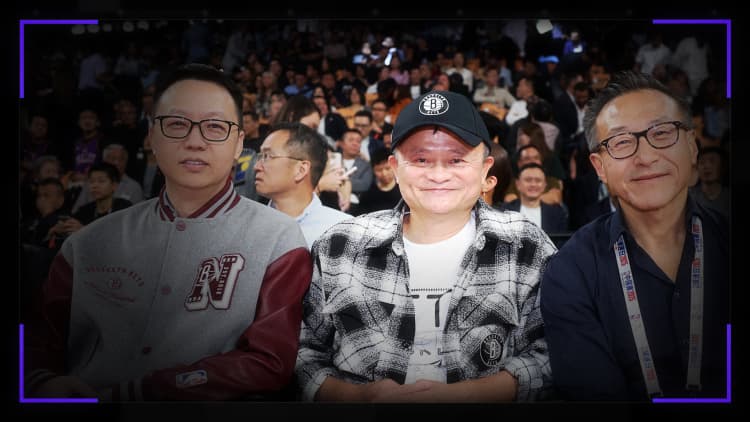
This overshadowed what was happening in the background. Alibaba had undergone one of the biggest restructures in history. But it wasn’t changing the giant’s fortunes. Daniel Zhang, who had succeeded Ma as CEO and eventually chairman some years prior, unexpectedly announced plans to step down in 2023. His successors were two well-respected veterans, current CEO Eddie Wu and President Joe Tsai.
They steadied the ship, refocused the company on its core e-commerce business, while simultaneously investing in AI. The results were a sharp improvement in business, particularly in more recent quarters.
Was Ma gone for good? It seemed not. In February, Ma was among a handful of entrepreneurs who met with Chinese President Xi Jinping in a rare meeting.
“He’s in his early 60s now, but he’s still pretty vibrant. He has homes and yachts and all that stuff. But one senses that he’s not done yet,” Clark said.
Alibaba quietly turns into AI giant
Amid the turmoil and revival, Alibaba was quietly investing in artificial intelligence behind the scenes. In fact, since 2016 it had been a priority.
“Acceleration happened, really during … the covid years 2019, 2021 when they really started to build their own foundational models and their own chips,” Mark Greeven, professor of management innovation at the International Institute for Management Development told “Built for Billions.”
When OpenAI’s ChatGPT hit the world in late 2022, Alibaba was ready just months later with its own AI offering.
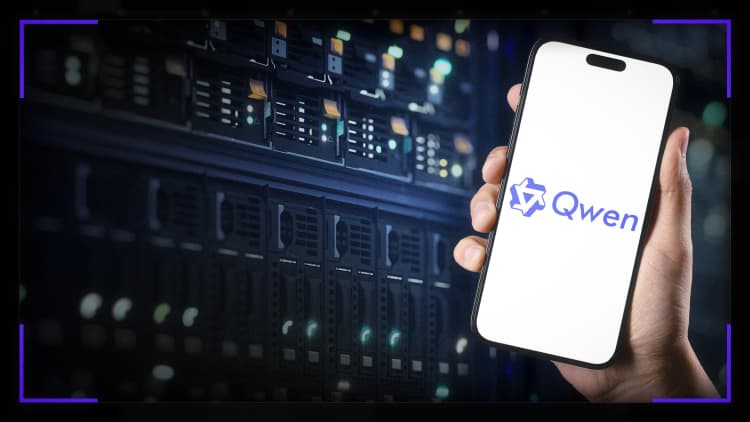
Alibaba’s approach was different to some of its U.S. rivals, instead focusing on open source or open weight AI models which are free for developers to download and use. The company’s models are now among some of the most popular globally for developers to use.
CEO Wu has cemented Alibaba’s commitment to its reinvention as an AI company. In his first letter to employees after taking the reins, Wu called for Alibaba to return to the startup mindset and set two strategic priorities: “user first” and “AI-driven.”
The focus on AI has benefitted the company’s cloud business. It also comes at a time when AI development is being framed as a race between U.S. and Chinese companies and Alibaba is emerging as one of China’s key players.
“Wherever you look, whatever you touch, China is moving closer towards that vision of dominating AI race by 2030, Alibaba is participating and being an important player,” Ashley Dudarenok, a China digital expert and investor told “Built for Billions.”

